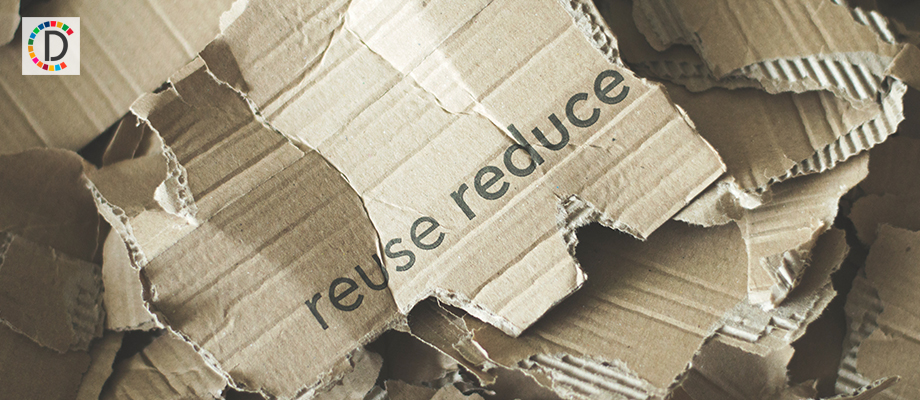Roadblocks in the Push for a Global Plastics Treaty
Over 100 countries aimed at capping plastic production during talks for a global treaty in Busan, South Korea. However, disagreements, especially from major oil-producing nations, led to postponed decisions. Key issues include production caps and financing for developing countries. The treaty aims to mirror the impact of the 2015 Paris Agreement.

Efforts to establish a global treaty to curb plastic pollution hit a standstill as more than 100 countries pushed for limits on plastic production, clashing with a small group of oil-producing nations content to address only waste. The U.N.'s fifth Intergovernmental Negotiating Committee in Busan, South Korea, aimed to finalize a binding agreement.
Divergences on treaty terms led to postponed discussions, set to resume under 'INC 5.2'. Key topics included potential production caps and financial aid for developing nations. Panama's proposal of a global reduction target, supported by over 100 countries, contrasted with alternatives lacking definitive caps.
Despite initial disagreements, the treaty holds potential to be a landmark in environmental protection akin to the 2015 Paris Agreement. However, experts express concerns over its efficacy if limited to voluntary measures, as highlighted by Rwanda's Juliet Kabera, and point to the urgency of resuming negotiations.
(With inputs from agencies.)










